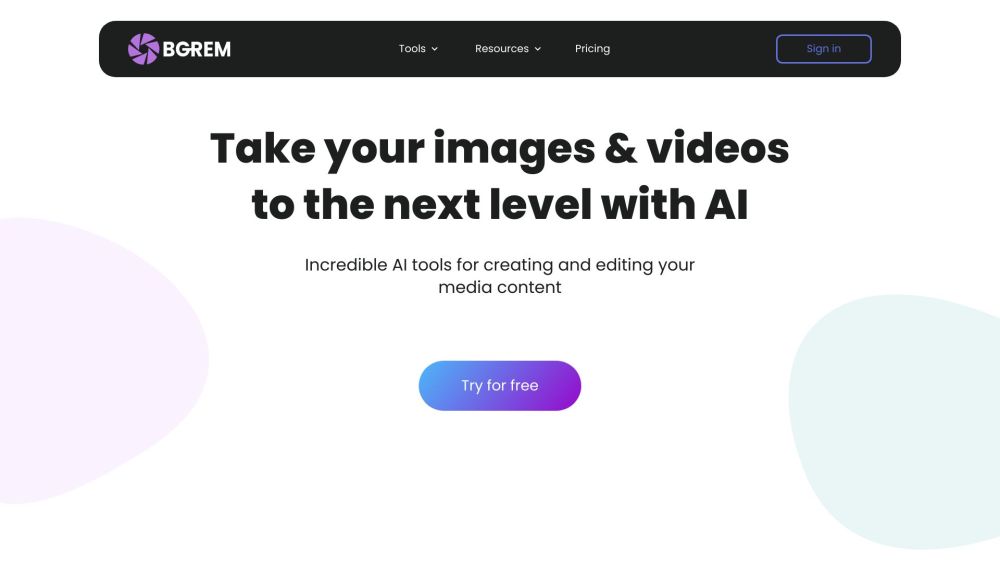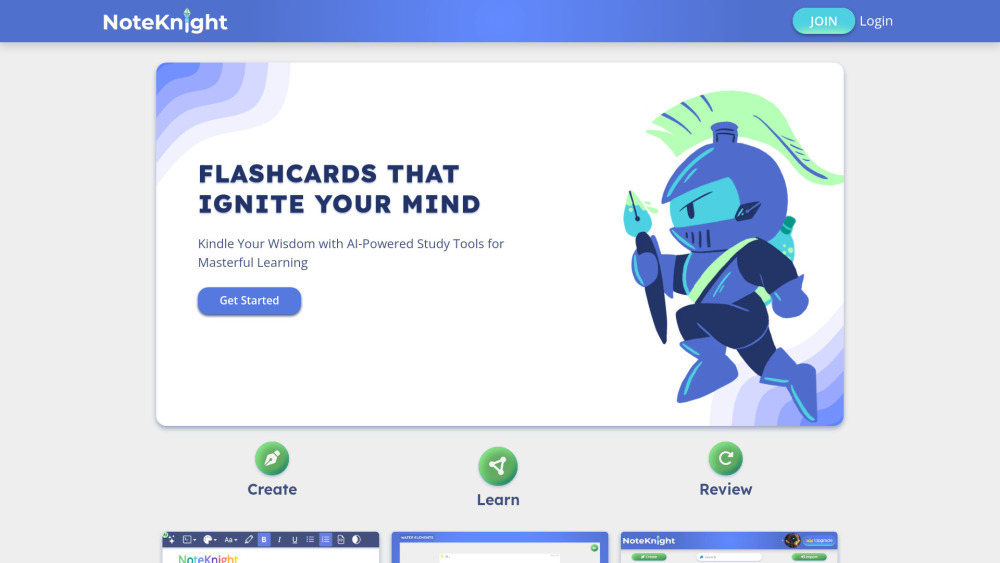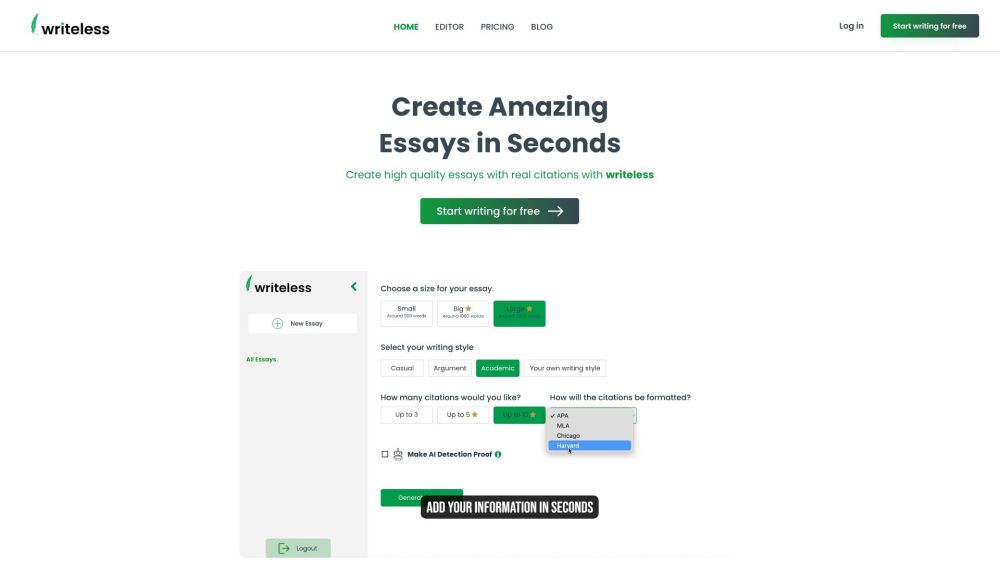Luma AI Unveils Dream Machine: A New Era of AI-Powered Video Creation
Luma AI, a San Francisco-based artificial intelligence startup, has launched Dream Machine, an advanced AI system that generates high-quality videos from simple text descriptions. This groundbreaking technology empowers creators and companies to produce original video content at an unprecedented speed and scale—available for use today.
Transforming Creative Processes
With Dream Machine, users can input prompts like “a corgi puppy chasing a ball on a beach at sunset.” In approximately two minutes, the AI generates a realistic five-second video reflecting the scene. Early beta testers have lauded Dream Machine for its accurate rendering of requested objects, characters, actions, and environments, ensuring fluid motion and coherent storytelling.
Democratizing Video Generation
The launch of Dream Machine marks a significant step in making AI-powered video generation accessible to all. While competitors like OpenAI’s Sora and Kuaishou’s Kling demonstrate impressive capabilities, their use is limited to select partners. In contrast, Luma AI allows anyone to experiment with Dream Machine for free on its website, with plans for future APIs and plugins for popular creative software. This open approach could foster a vibrant community of creators and developers, igniting innovation in AI-generated video.
A Competitive Landscape
Dream Machine's debut comes amid intense competition in the generative AI field, where startups and tech giants alike strive to develop advanced tools for synthesizing realistic images, audio, and video from text. This technology holds transformational potential across various industries, including entertainment, advertising, and education.
However, the generative AI landscape is still evolving, and even top systems like Dream Machine, Sora, and Kling occasionally struggle with certain prompts or produce unintended outputs. Enhancing the quality and reliability of these models will be vital for unlocking their commercial potential.
Creating an Open AI Ecosystem
As the generative AI race intensifies, a pressing question arises: will the significant computing power and data requirements concentrate capabilities among a few leaders, or can a thriving ecosystem of creators and developers emerge? Luma AI's strategy with Dream Machine suggests a commitment to fostering an open community.
Addressing Ethical Concerns
While Dream Machine simplifies the creation of realistic video content, it also raises ethical and legal challenges, including the risks of deepfakes, misinformation, and intellectual property infringement. As lawmakers and regulators grapple with these issues, the rapid pace of technological change often outstrips the development of effective governance frameworks. Striking the right balance between innovation and responsibility will be a crucial challenge moving forward.
Looking Ahead
Despite the hurdles, the launch of Dream Machine highlights significant advancements in AI video technology. As this field continues to evolve, it promises to unlock new avenues for creativity and expression that were once considered futuristic. The age of AI-generated media is here, and its implications are merely beginning to unfold.




